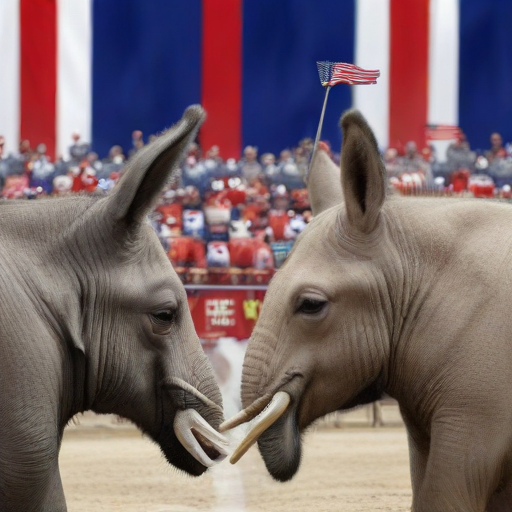In a significant development within the Democratic Party, Rep. Gerry Connolly of Virginia has emerged victorious over Rep. Alexandria Ocasio-Cortez of New York in the election for the top Democrat position on the House Oversight Committee. This decision reflects a preference among Democratic lawmakers for experienced leadership as they prepare to counter the forthcoming Trump administration.
During a closed-door caucus meeting, Connolly secured a decisive victory with a vote tally of 131 to 84. After the election, he expressed confidence in his ability to lead, noting that the results indicated his colleagues valued experience and capability in their choice. Connolly, who has faced health challenges recently, reaffirmed his readiness to tackle the upcoming administration and ensured that legal accountability would be upheld.
Ocasio-Cortez acknowledged the defeat through a social media post, stating, “Tried my best. Sorry I couldn’t pull it through everyone — we live to fight another day.” This reflects her commitment to the progressive cause and her steadfast determination to continue advocating for her policies in the future.
The roles in various committees have sparked discussions regarding seniority and generational change within the Democratic Party. Rep. Angie Craig of Minnesota triumphed in the Agriculture Committee race, while Jared Huffman of California was selected as the top Democrat on the Natural Resources Committee. These outcomes illustrate a blend of the experience of senior members and the emergence of newer voices in leadership roles.
The results of these committee elections are critical for the Democratic Party, especially as they navigate the challenges of being in the minority in the new Congress starting in January. However, should the Democrats regain control of the House in the 2026 midterm elections, these committee positions will prove vital in exercising oversight and shaping policies.
While experienced leaders like Connolly will guide the party in the immediate future, the rise of younger Democrats like Craig suggests a dynamic shift in the party’s landscape, emphasizing both continuity and renewal.
In summary, the Democratic Party’s committee elections highlight a nuanced balance between seasoned leadership and the inclusion of younger voices. As they prepare for the challenges ahead, this blend of experience and fresh perspectives may better position them for future successes. The hope lies in uniting these strengths to foster effective governance and representation in the years to come.
